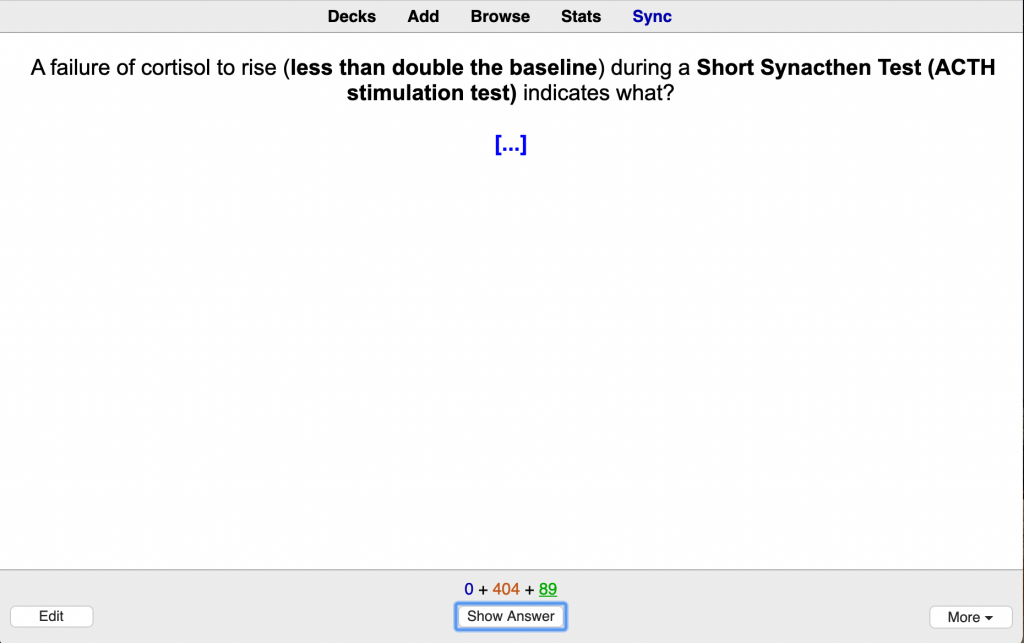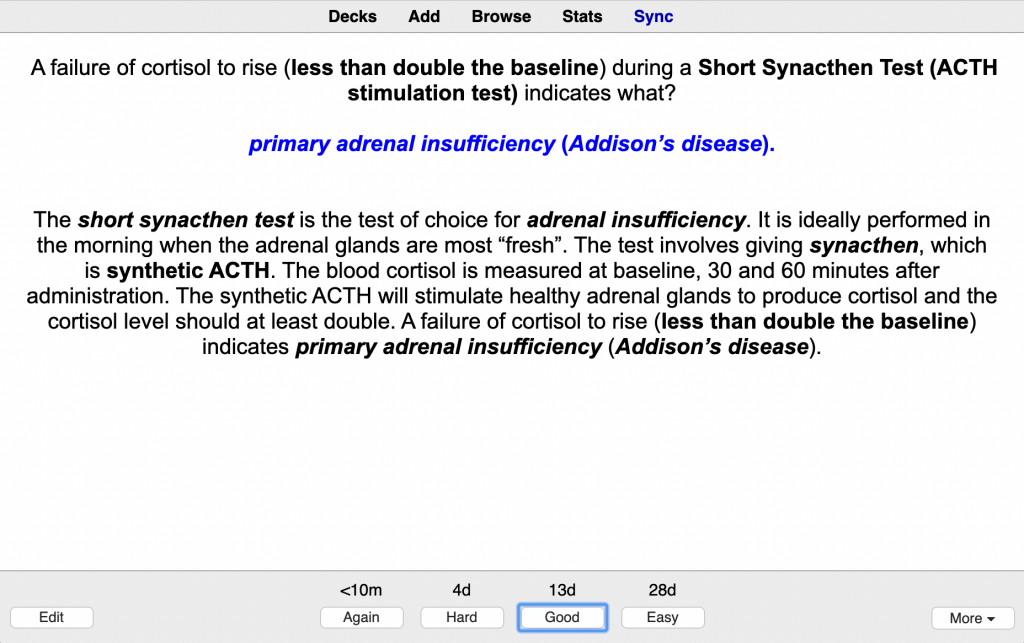Study Tips: Spaced Repetition
6 Medi 2021
Welcome to my third blog in my own mini-series on ‘Study Tips’ where I aim to share advice on different study tips, I have found useful. Hopefully, we can start discussions to share advice on how to boss the exams to get into university and beyond! Today, I shall discuss Spaced Repetition.
This post builds off the last topic as Active Recall and Spaced Repetition often come hand in hand when discussing evidence based study strategies.

Personally, I always find that after the summer holidays I come back to my studies and I struggle to remember any of the content from the previous year. Even though I may have spent months revising on a topic for the end of year exam, 6 weeks of time off leaves me feeling as if I have never heard of the subject before, let alone studied it!
This carries through to different modules at university. Perhaps I have a module test in first term, I’ll learn the content for that exam but by the time I need to start revising for end of year exams I feel like I’m starting all over again, struggling to remember even the basics!

This process is known as the ‘Forgetting Curve’ (Ebbinghaus Forgetting Curve/Forgetting Curve Theory), and describes the rate at which the brain will forget information if retention is not attempted. However, lucky for us, the Forgetting Curve can be flattened meaning you will not forget information as quickly.
‘Spaced Repetition’ (Spaced Retrieval) is the process where information is tested by a schedule of how well you retain the information. Basically, things you find hard you get tested on more often whilst things you find easy are tested less. This is more realistic than testing yourself on all the facts every day! Eventually, through repetition the neural links will develop and become stronger so you do not have to be tested as often on that fact.
This cannot be treated as cramming!
The key principle of spaced repetition is the timing, where you are tested on the information when you require it relative to the Forgetting Curve. Instead, this acts as an ongoing solution to beating your Forgetting Curve, allowing for your information to become easier and easier to recall. It will not work in a cramming scenario, and is much more effective to use this method over time. Studying Spaced Repetition 6 hours a week is much more effective compared to cramming 6 hours a day.
So, how can I effectively implement Spaced Repetition into my own revision?
Active Recall is the most effective way of utilising Spaced Repetition, but it can be quite hard to schedule which flash cards or questions to revise when and you may miss out some important notes.
The solution?

Anki
Photo by Kari Shea on Unsplash
Anki is a free app that can be used on your laptop or desktop or logged in online where you create flash cards, questions and revision notes. There is a mobile version for £25, but honestly the desktop version is all you need!
The app will then test you by active recall, where you can make flash cards, question answers, image testing and more!


Then, depending on how difficult you find the question will dictate the Spaced Repetition scheduling to optimise your learning.

There are some other similar apps on the market such as Quizlet (available on Apple Store and Google Play), but I find the quality of the Anki scheduling to be unmatched.
The main piece of advice I would give regarding Anki, or any Spaced Repetition software is little and often. Regularly keep up to date with your work, and you will find it to be easy as you will only have a few flashcards due a day!
I hope you have enjoyed this blog. Please leave a comment if you found it useful, or if you have any revision tips that you’d like to share! Feel free to contact me on UniBuddy if you have any questions on the content covered.
Until till next time,
Nick 😊
- Advice for Students
- After University
- Ail flwyddyn
- Application Process
- Application Process
- Applying to University
- Arian
- Aros gartref
- Astudio
- Byw oddi cartref
- Cardiff University Experiences
- Chwaraeon
- Clearing
- Clybiau a chymdeithasau
- Cooking
- Cyd-letywyr
- Cymraeg
- Darlithoedd
- Dim ond yng Nghaerdydd
- Exams
- Global Opportunities
- Guest posts
- Heb ei gategoreiddio
- Medic Tips
- Mynd allan
- Neuaddau Preswyl
- Open Day
- Opportunities
- Postgraduate Study
- Rhentu tŷ
- Student Heroes
- Student Life
- Studying Online
- Swyddi a phrofiad gwaith
- Teithio
- Things to do in Cardiff
- Top Tips
- Trydedd flwyddyn
- UCAS Application
- Why University?
- Ymgartrefu